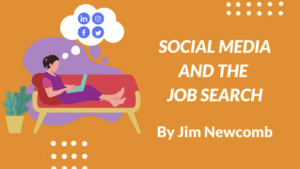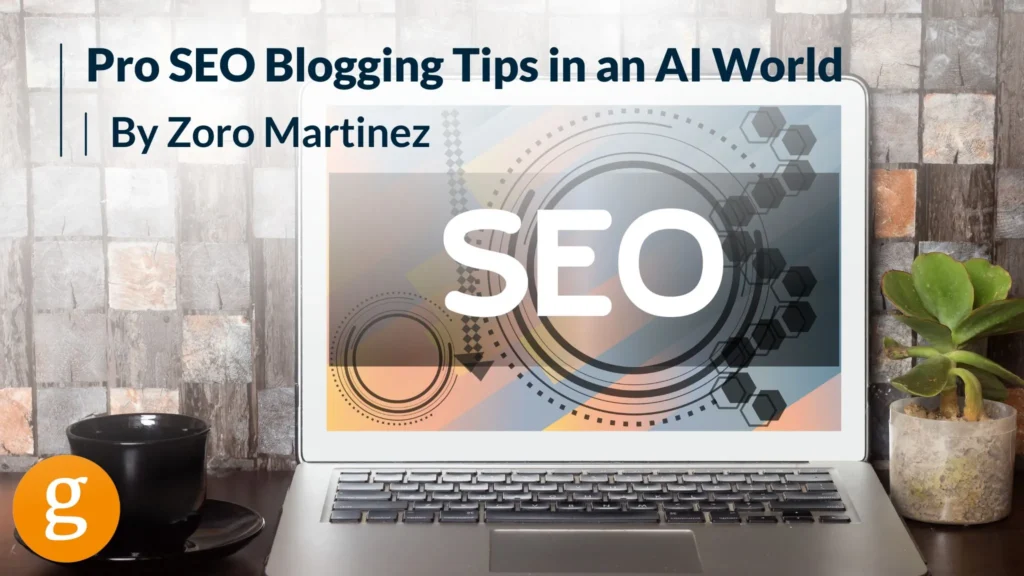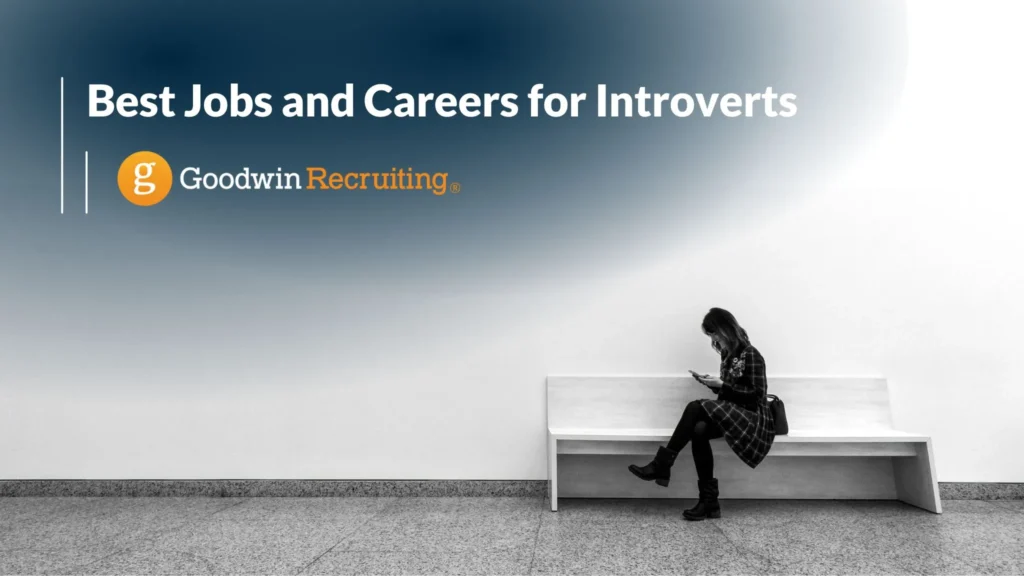
In an incredibly short time, social media has entirely changed every facet of our lives. Many changes have been good, helping us connect with friends and family, meet and speak with new people, and promote businesses and brands. The proliferation of social media networks has also brought some negative changes to our world, particularly in deepening divisions between people.
The pros and cons of social networking sites aside, using them is also a consideration for job seekers and an increasingly important one for finding and landing job opportunities and professional networking in general. Our presence on social media has become part of our identity – at least our online identity. While it’s not universal, it’s becoming more common for recruiters, employers, and hiring managers to check out the social media presence of candidates they’re considering. That being the case, a job seeker must consider what others will see in their social media profiles.
Let’s look at the four most common social media platforms – Instagram, Twitter, Facebook, and LinkedIn – and ways to protect your online presence and brand on each one.
Social Media: Instagram
This photo-sharing platform is the easiest social media site to cover, so we’ll start here. Instagram has been around long enough – 12 years, believe it or not – that its first users (likely relatively young at that point) are well into their careers. The most significant risk with Instagram is photos that show aspects of your lifestyle that don’t reflect well on your current career. There are two simple steps to take with this platform to be safe. First, set your account to ‘private’ so that anyone who wants to see the content you post must be a follower of yours. You may also wish to look through your followers’ lists to ensure that you still want to be connected to them. Then – if you have any doubt about what potential employers might see – simply scroll back and ‘curate’ your posts, deleting anything you feel could come back to haunt you.
Social Media: Twitter
Twitter has become known as a platform where differences of opinion can become heated. The nature of the platform makes each user’s activity very public, by default and by design. This makes Twitter the social media platform where even innocuous opinions can be misconstrued or taken out of context and blown out of proportion. If you tend to use Twitter as a platform for engaging in healthy debate, the good news is that it has no requirements for users to use their own names. Therefore, you can create a completely anonymous account to weigh in on politics or anything else (being mindful, of course, that it’s always possible – with enough knowledge and time – to trace an account back to its owner).
If you posted tweets in the past that you’re concerned about, there’s an easy fix. Set your account to ‘private,’ and once again, only your followers will be able to read your posts – current and past. This covers both your original posts and any replies to others. Other users will now need your approval to follow you and see what you’ve posted, but you may also want to review your current followers and trim that list. There is also the option of curating your posts, as above, but that won’t remove your comments on others’ posts.
Social Media: Facebook
Facebook is the more complicated platform to curate. Your own personal Facebook page is quick and easy. With one click in the privacy settings, you can make it so that only your direct connections on Facebook can see what you’ve posted on your page. (Of course, it’s not a bad idea to take a run through your list of ‘friends’ to make sure they are indeed still friends.)
Simple, right? Not so fast. Your privacy settings do not affect things you’ve posted on other people’s pages, business pages, or groups. In those cases, what others can see depends on that page’s privacy settings. For example, on a public page or group, anyone can see every post and comment ever made. Facebook also doesn’t make it easy to view all the comments and posts you’ve made on other pages, so for better or worse, consider what you’ve posted as permanent. With Facebook, the best approach is to let time take care of the past. The nature of the platform is that new content buries the old.
Social Media: LinkedIn
Last but certainly not least for the job seeker is LinkedIn. It is social media, but it’s also a professional resource and networking tool that is used in a company’s search and hiring process to find and vet potential candidates. Use LinkedIn as such. Make sure your profile is thorough and complete. LinkedIn walks you through completing your profile, so there is no excuse for not having a rich profile. This is as important as your resume. Carefully proof and edit and ask others to proof your profile as well. Include a current photo that looks professional and flattering. Your photo doesn’t have to be stodgy; it can show your personality but give it thought. Your Employment History absolutely must match reality, meaning it must line up with dates, titles — everything on your resume. If the chronology differs from your resume, it shows a lack of attention to detail, that you are unreliable at best and untrustworthy, and a liar at worst.
Since LinkedIn is such an important platform for job seekers, watch for an upcoming blog about using it as a job-finding tool.
Your Permanent Record
I’ve written in the past that your posted resume is part of your ‘permanent record.’ The same is true for social media. When using any of these platforms (or any others that are sure to follow), there’s one caveat to keep in mind: A screenshot is forever. Someone who is connected with you can capture something you posted, and if they do, that post is no longer assured to remain private. A hasty post, later deleted, can still hurt you. Think long term and strategically before you post!
Job seekers on the market have always had employers and recruiters evaluating their presence, from resumes to cover letters and the third-party perspectives of references from the past. Today, your digital footprint is a significant part of your identity. Maintaining control over that presence is challenging yet crucial.
Be Kind
I’ll leave you with one failsafe strategy for using social media channels. As a job seeker and generally in life, this has become a bit cliche but no less true: In a world where you can choose to be anything, choose to be kind.
Share This Article







































